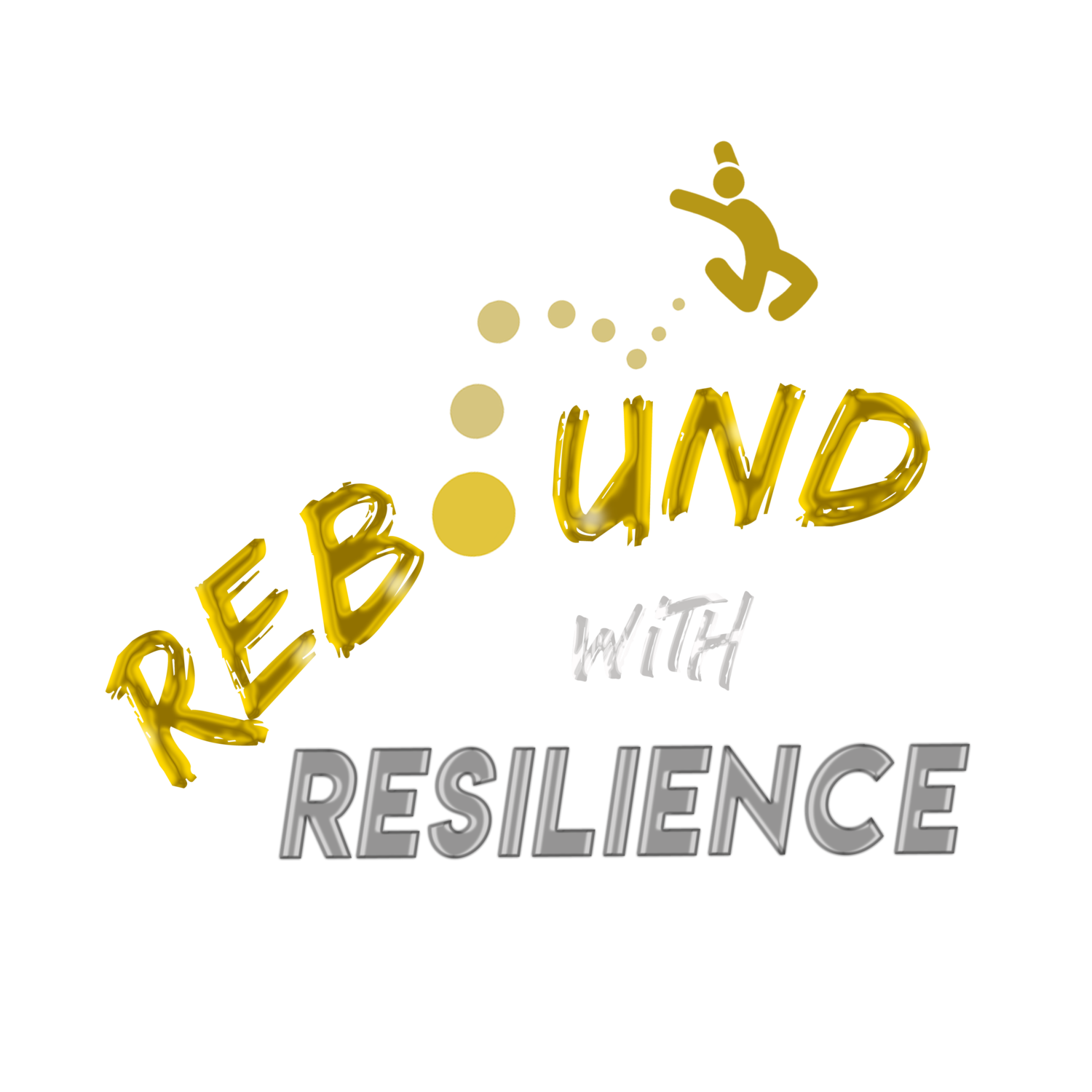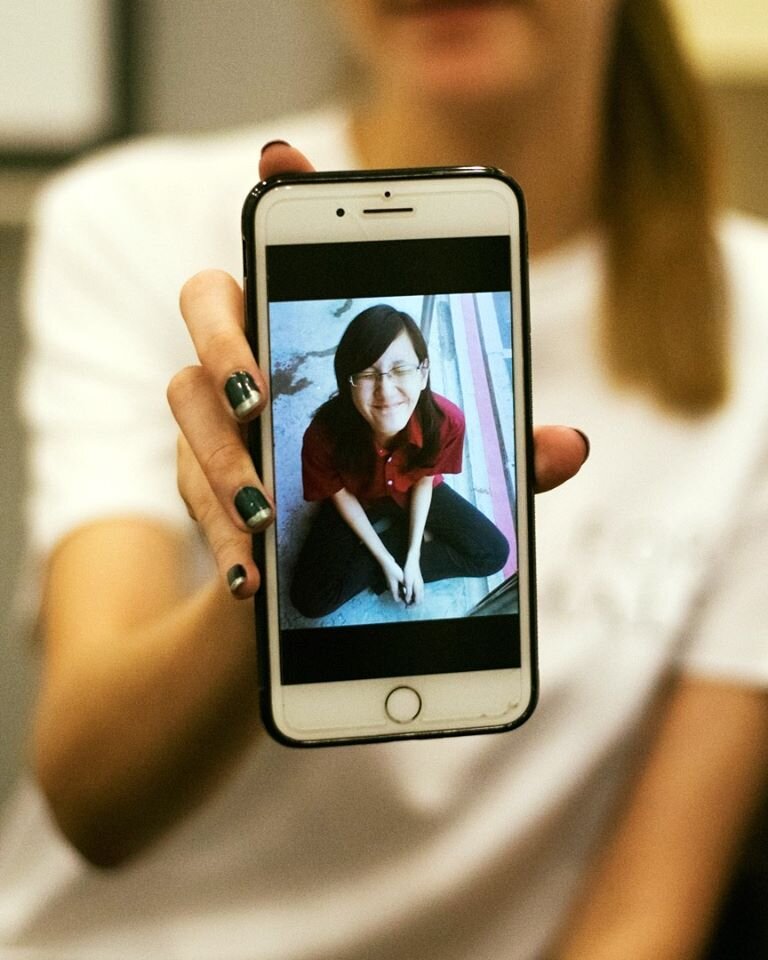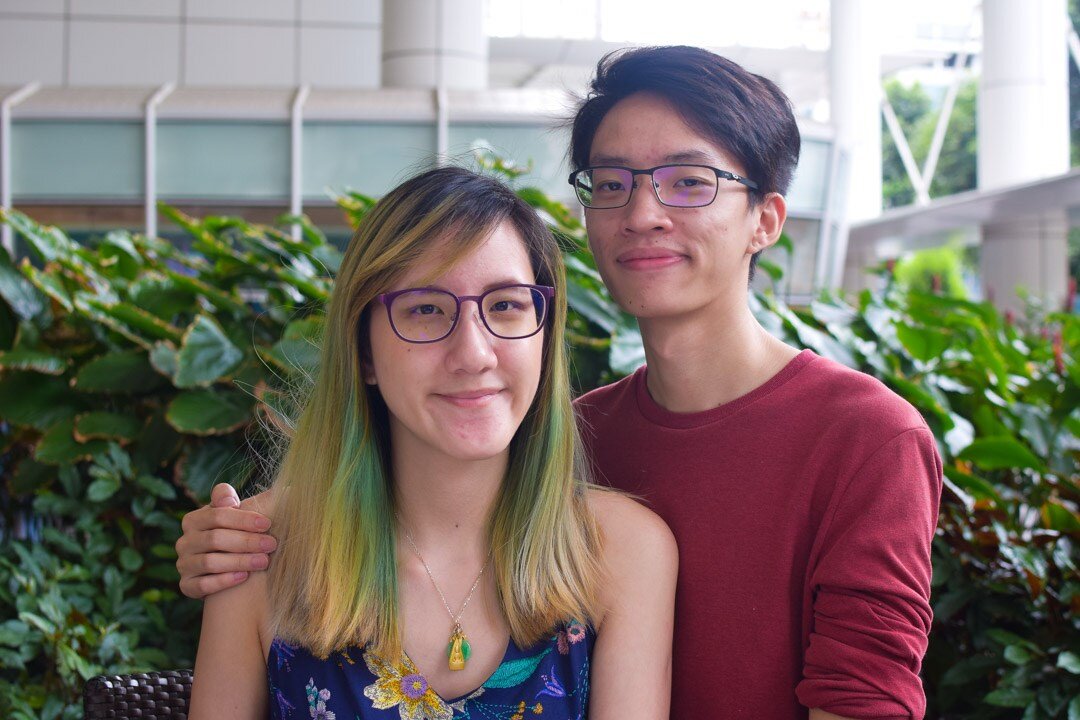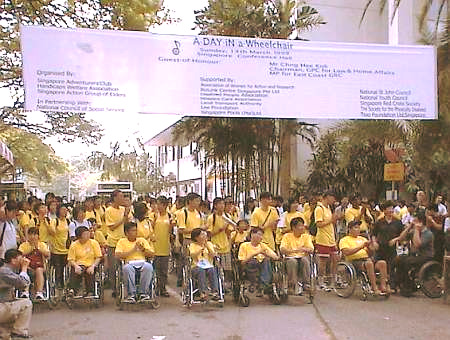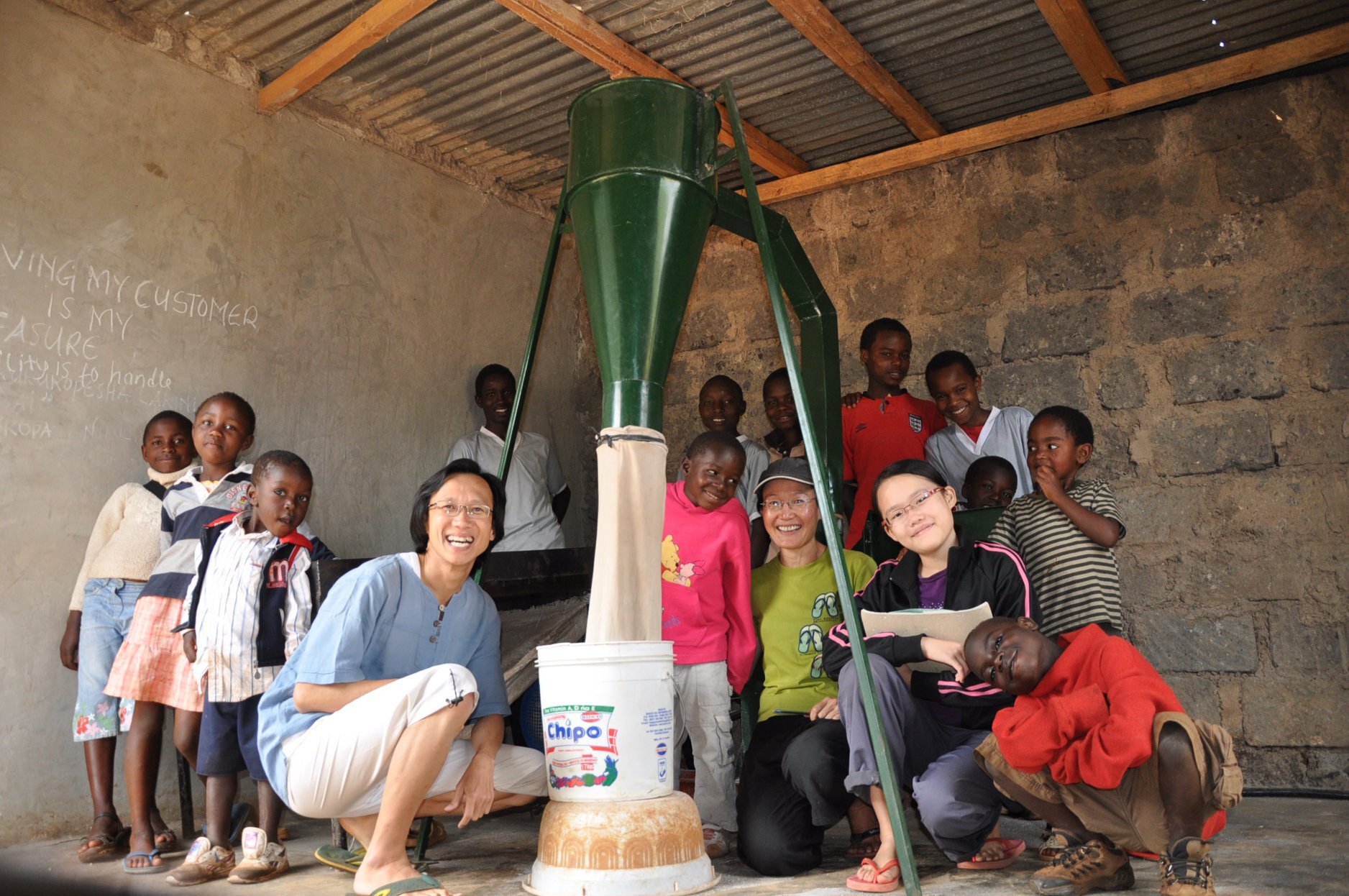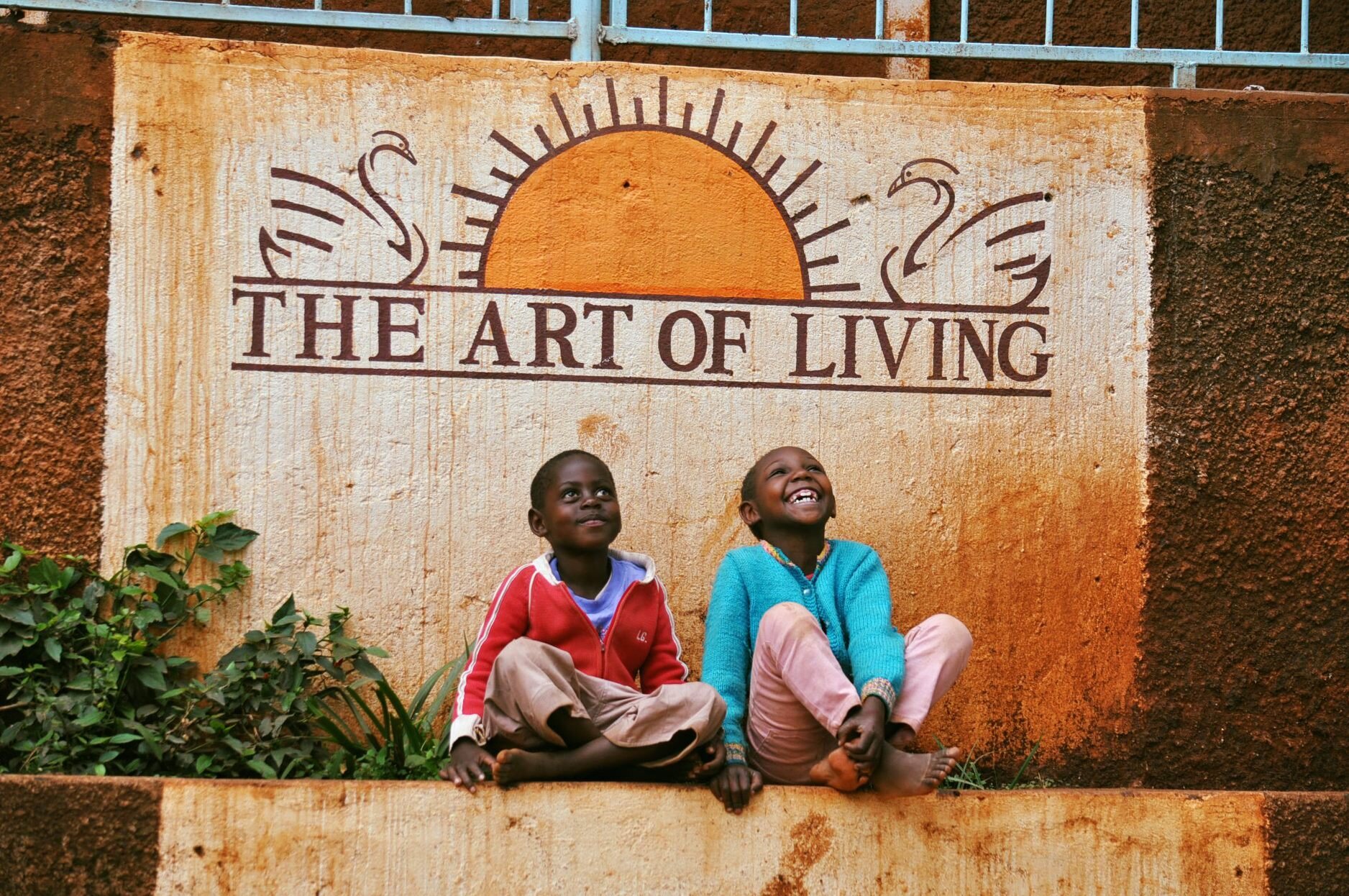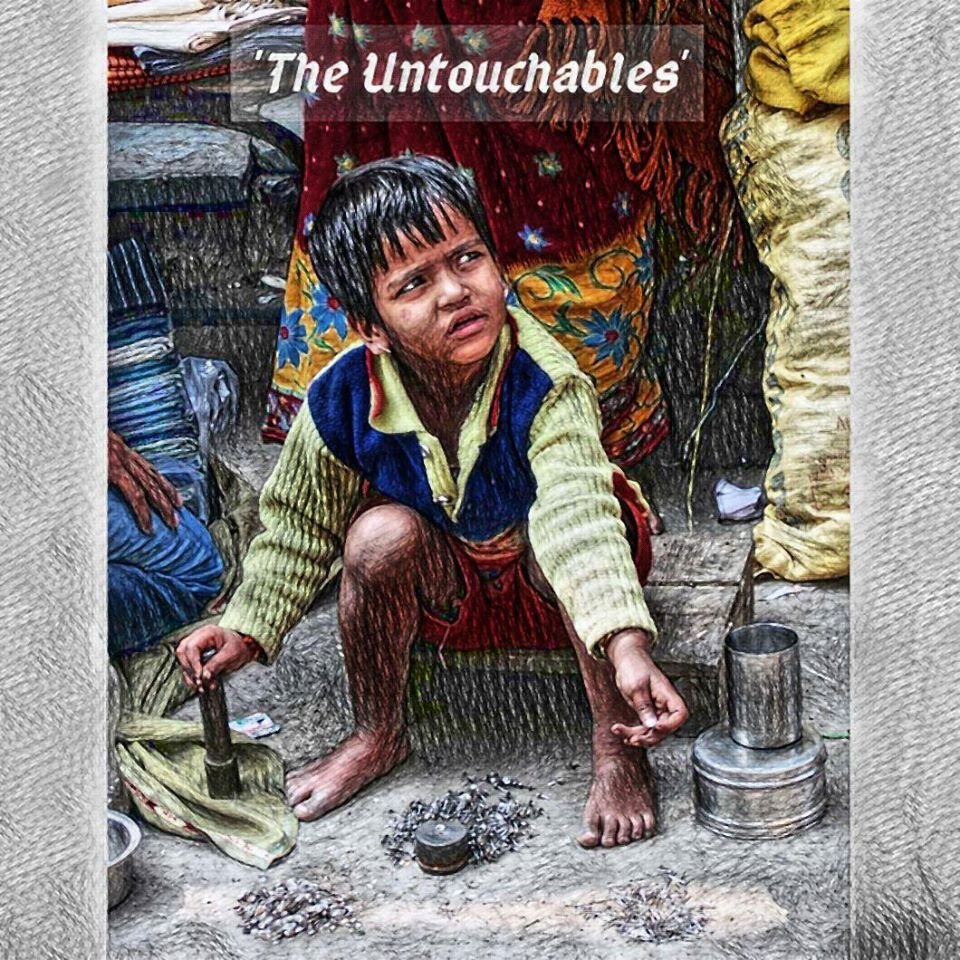My chinese teacher called me “小霸王” (xiao ba wang), translated as "little arrogant king". I couldn’t sit still nor pay attention. I remember she chased me around the class with a ruler. Once, I made a paper gun, and shot a plastic bullet at my best friend. I saw his skin turn dark red, and he cried very loudly. To prepare for the canning, I stuffed as much toilet paper as I could. But luckily I got let off with a warning. Looking back, it is ironic that I eventually served as a police officer, and discovered a passion in counselling and helping others strive towards positive mental health.
My first full time job was a police officer. Part of my job was to do home visits, and in 3 years, I befriended many residents and they shared openly with me. I remember vividly once, there was a middle-aged lady who was having some marital problems and was attempting suicide. I listened to her and managed to calm her down, and persuaded her to seek help instead.
In those years, I discovered that I liked being a “kaypoh”, in a good way. I found comfort and fulfillment in listening to and advising others. That’s where I decided in my heart, that I will pursue a dream to become a counsellor.
In one of the Personal Development courses I attended, I wrote down my 3-Year goal. I took a big pay cut to join a non-profit organisation to work as a Program Assistant in youth work and later joined the People’s Association (PA) as a Club Manager to run The Teens Network (T-Net) Club to organise various interactive and meaningful activities for teens to participate. While working in PA, I completed a part-time degree in BA (Psychology), and decided to move on. Before I left, my boss said “That’s fast, we’re just about to promote you”. But since the incident with the suicidal lady, my mind was already made up. told him: “I have to pursue my dream
I worked as a counsellor for various social service organizations. The work had been fulfilling, but I felt a bit stuck - I wanted to influence more people. In my 30s, I saw my friends setting up their own businesses. I thought: “If not now, when?”
I attended some courses on social entrepreneurship and took a leap of faith. I started and ran 2 training related businesses, which slowed down eventually. During that time, I got introduced to a support group for people recovering from mental health conditions - depression, anxiety, bipolar, etc. It was my first time being focused in this area of work, and I learnt a lot.
I realised how much mental health issues are stigmatized and misunderstood by society. This leads to a major gap - there is a lack of adequate outpatient support for people in recovery.
When a person is suspected to have some symptoms of mental health problems, their family will either send them to see a psychiatrist in Institute of Mental Health (IMH) or a private psychiatrist. When they are discharged from IMH, mainly they are referred to government mental health agencies for follow-up. If the person does not want to go there for aftercare support, they are left alone to fight the battle.
This led to the start of a social enterprise H.O.P.E alliance, whose mission is to support, equip and empower people in recovery from mental health conditions. I strongly believe “Anyone can Recover, Everyone can Support!” Officially, it launched only on 10 Jan 2018 and we have since grown to have a group of committed volunteers and a few key services - individual and group therapy, peer learning circles, mental health recovery coaching programme, and mental health community talks. With any business, there are challenges, but when the people we serve come up to us and express their gratitude, that we have “saved their life”, it keeps you going.
I once gave a talk at a school on mental health awareness and self-care. After the session, a few students came to me to thank me, and also opened up. They said they are struggling, but are reluctant to seek help because of fear of embarrassment or stigma.
I made some suggestions to them: If you’re facing stress, it's important to recognise the triggers and learn coping methods – like regular exercise, music and art, talking to friends or siblings, anything that helps relieve the stress. If the anxiety/sadness is persistent (at least two weeks), consider seeking help from school counsellors, it's so important to do so early.
To help you to figure out if you need professional help, you need to ask yourself these questions: 1) How often does this happen (frequency). 2) How bad is it when it happens (intensity). 3) How long does it last when it happens (duration). For most cases I work with, there were bad life experiences or trauma in their childhood, which builds up slowly because it’s not dealt with early. If you’re afraid of judgement, seek help quietly and let them know your fears, the counsellors will help manage it.
My hope and mission for Singapore is to be more aware and equipped to help people with mental health conditions. Even though its invisible, it is a real condition and can be crippling. If you’re reading this, always remember to be kind and less judgmental to others. If you’re helping someone, provide a listening ear and build that trust, and suggest to them to seek help if necessary. You have to recognise that you can’t solve everything, so learn to direct friends to people who are equipped to help, and don’t take it upon yourself entirely. With more education on this topic, I believe we can make our society a more healing and empowering place for everyone.
Anyone can Recover, Everyone can Support.
